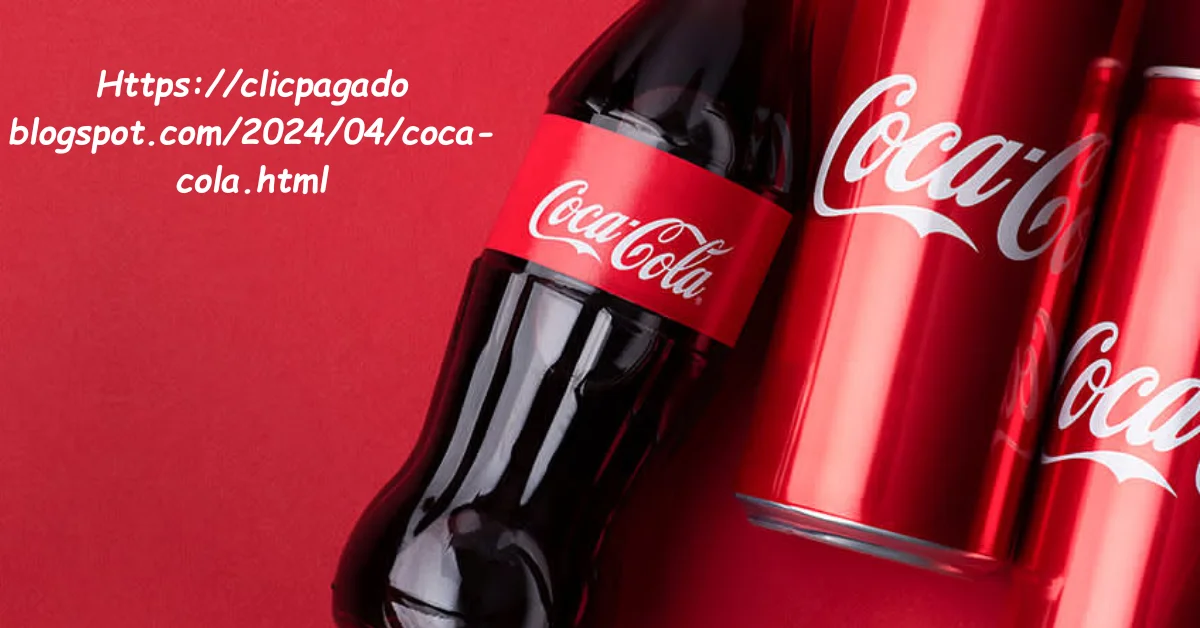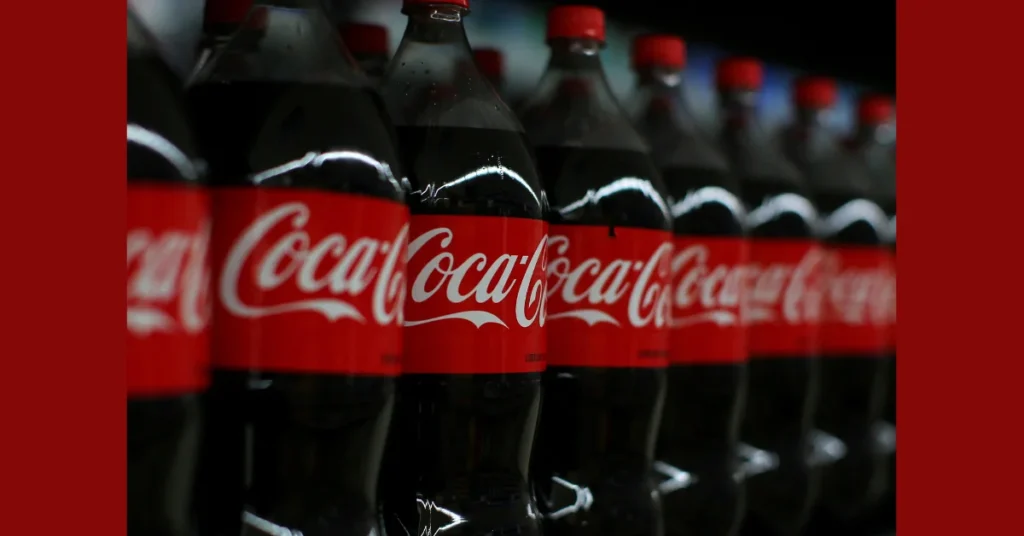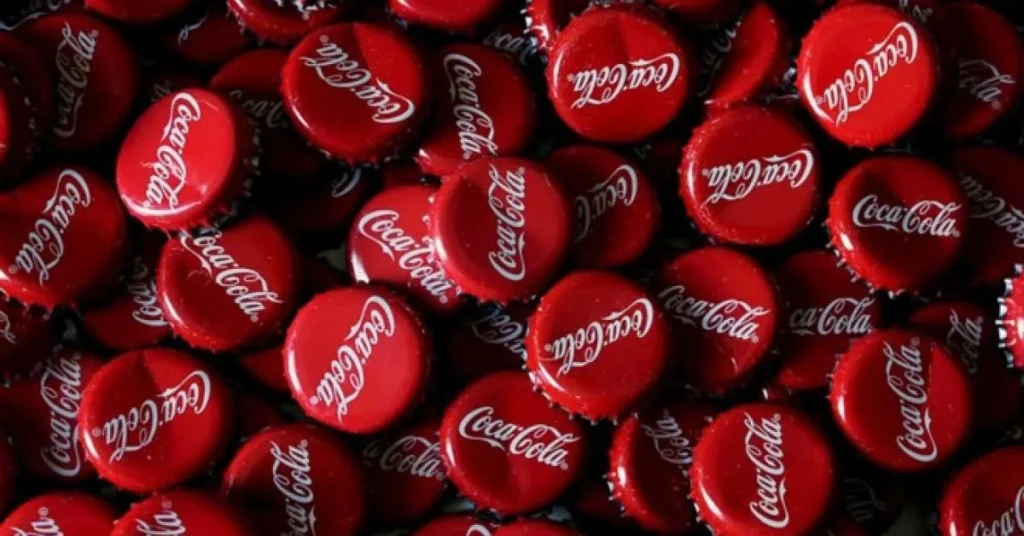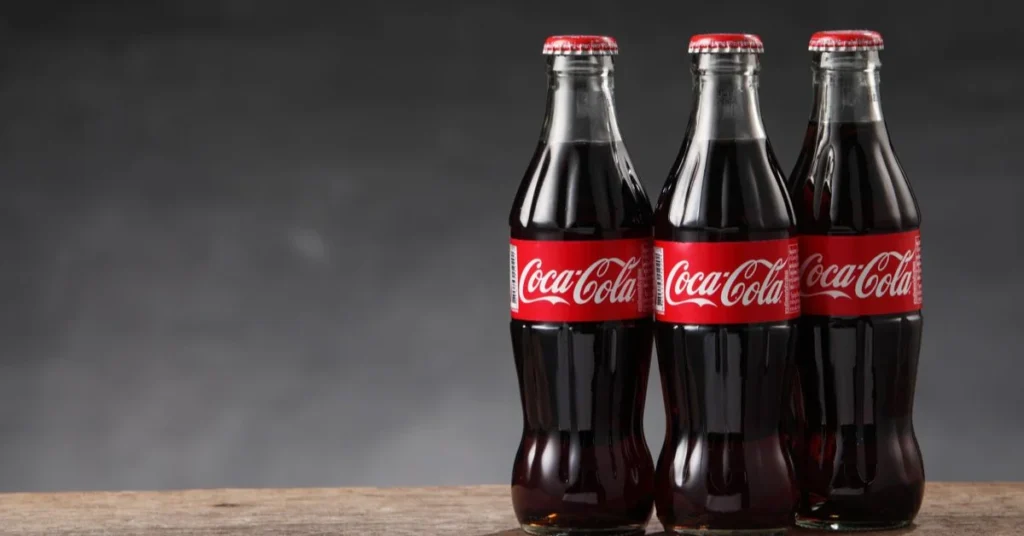https://clicpagado.blogspot.com/2024/04/coca-cola.html : The history of CoCa -Cola is inspiring as it has grown into a multinational giant From a small initiative in 1886,; indeed, in popular culture and the world market, it has carved out a niche for itself. Here we will explore and walk through the journey of Coca-Cola, right from its history, influence in the globe, marketing strategies, and many more, with a view to totally understand it and know the reason of its popularity in the beverage sector.
What Is ClicPagado?
ClicPagado is an online advertising platform designed to help businesses and advertisers drive targeted traffic to their websites through paid clicks. Essentially, the platform allows users to pay for the clicks they receive on https://clicpagado.blogspot.com/2024/04/coca-cola.html their ads, making it a cost-effective alternative to more traditional forms of advertising like TV spots or magazine ads. ClicPagado operates on a similar principle to Google Ads and Facebook Ads but distinguishes itself with a user-friendly interface, tailored campaigns, and transparency in terms of pricing and performance metrics.In essence, the platform operates by placing sponsored ads across a network of websites or search engines. When a user clicks on an ad, the advertiser is charged a small fee. Unlike traditional advertising, where advertisers pay regardless of whether the ad is engaged with, ClicPagado ensures that advertisers are only paying when their ad generates a click.
The Evolution of Coca-Cola
The Rise of Asa Candler
In 1888, Asa Candler, a businessman, purchased the Coca-Cola formula and the brand rights from Pemberton’s estate. Candler’s innovative marketing strategies transformed Coca-Cola from a local curiosity into a national phenomenon. He introduced the first Coca-Cola coupon, allowing customers to try the beverage for free, which significantly boosted its popularity.
Expanding the Brand
Under Candler’s leadership, Coca-Cola expanded its distribution across the United States. By 1899, Candler had sold the bottling rights to Benjamin F. Thomas and Joseph B. Whitehead, leading to the establishment of the first Coca-Cola bottling franchise. This move marked the beginning of Coca-Cola’s expansive growth, as bottling operations were set up across the country.
The Impact of Coca-Cola on Global Culture and Society
A Transnational Phenomenon
Today, Coca-Cola products are available in over 200 countries. The brand’s ability to adapt its offerings to local tastes while maintaining a consistent identity has contributed significantly to its global success. Coca-Cola has become synonymous with joy and celebration, transcending mere beverage status.
Cultural Significance
Coca-Cola’s influence extends beyond beverages. The brand has aligned itself with significant cultural moments—sponsoring the Olympics and engaging in large-scale marketing during major sports events. Its commitment to sustainability and social responsibility further enhances its image as a responsible corporate citizen.
The Marketing Prowess of Coca-Cola: Why It Outshines All
Innovative Advertising Strategies
Coca-Cola’s advertising has evolved from iconic campaigns like “I’d Like to Buy the World a Coke” to contemporary digital strategies that resonate with younger audiences. The brand expertly leverages nostalgia while staying current through social media and partnerships with influencers.
Cultivating Brand Loyalty
Coca-Cola has cultivated a unique emotional connection with consumers. Through campaigns such as “Share a Coke,” the brand positions itself as a facilitator of social interactions and memorable moments, reinforcing consumer loyalty that extends beyond the product itself.
Read More: Filmy4wap
Coca-Cola: New Products and Sustainability
Diverse Product Range
Coca-Cola’s extensive product line includes Diet Coke, Sprite, Fanta, and various water, juice, and tea brands. This diversification allows Coca-Cola to remain competitive in the rapidly changing beverage market, catering to diverse consumer preferences.
Commitment to Sustainability
Coca-Cola is dedicated to minimizing its environmental impact. The company’s ambitious goal of collecting and recycling a bottle or can for every one sold by 2030 highlights its commitment to sustainability. Additionally, efforts to ensure packaging is entirely recyclable underscore Coca-Cola’s focus on creating a “World Without Waste.”
The Coca-Cola Financial Powerhouse: Global Market Share and Revenue
Dominance in the Beverage Industry
Coca-Cola is the world’s leading non-alcoholic beverage brand, boasting a market share that far surpasses competitors. With revenues exceeding $43 billion in 2023, the brand’s financial prowess is evident.
Adapting to Market Trends
As consumer preferences shift towards healthier options, Coca-Cola has strategically expanded its portfolio to include non-carbonated beverages like Dasani, Honest Tea, and Simply Orange juice, demonstrating its ability to evolve while maintaining market dominance.
Coca-Cola and Innovation
Embracing Technological Advancements
Coca-Cola has invested in innovative technologies, such as AI-powered vending machines and mobile apps that allow users to create personalized flavors. This commitment to innovation reflects the brand’s pursuit of relevance in an increasingly digital marketplace.
Creative Collaborations and Limited-Edition Flavors
The company frequently launches specialty flavors in partnership with well-known brands, effectively capturing consumer attention and fostering brand loyalty among younger demographics.
FACTS
- Founding Year: Coca-Cola was created in 1886 by Dr. John Stith Pemberton in Atlanta, Georgia.
- Original Purpose: It was initially marketed as a medicinal tonic to relieve headaches and other ailments.
- Coca-Cola Formula: The original recipe contained coca leaf extract, which included cocaine. This was removed in the early 1900s.
- Iconic Contour Bottle: The distinctive contour bottle was designed in 1915 to make the drink easily recognizable, even in the dark.
- Global Presence: Coca-Cola is sold in over 200 countries, making it one of the most widely distributed products in the world.
- Brand Recognition: The Coca-Cola logo is one of the most recognized symbols globally, often identified without the brand name.
FAQs
What is Coca-Cola?
Coca-Cola is a carbonated soft drink created in 1886 by John Stith Pemberton. It is known for its sweet flavor and is one of the most popular beverages worldwide.
Where is Coca-Cola produced?
Coca-Cola is produced in over 200 countries, with various bottling plants and distribution centers globally. The exact ingredients may vary to suit local tastes.
Does Coca-Cola contain caffeine?
Yes, Coca-Cola contains caffeine, which contributes to its stimulating effects. The caffeine content varies by product (e.g., Diet Coke has more caffeine than regular Coca-Cola).
What are the main ingredients in Coca-Cola?
The main ingredients include carbonated water, high fructose corn syrup (or sucrose), caramel color, phosphoric acid, natural flavors, caffeine, and citric acid.
Is Coca-Cola suitable for vegetarians and vegans?
Yes, Coca-Cola is generally considered suitable for vegetarians and vegans, as it does not contain animal-derived ingredients.
Conclusion
Coca-Cola remarkable journey from a small pharmacy invention to a global icon exemplifies the power of branding, innovation, and cultural relevance. With a rich history marked by strategic marketing, product diversification, and a commitment to sustainability, Coca-Cola continues to thrive in the competitive beverage landscape.
Stay Infomred & Updated With: Bossip.Blog!



